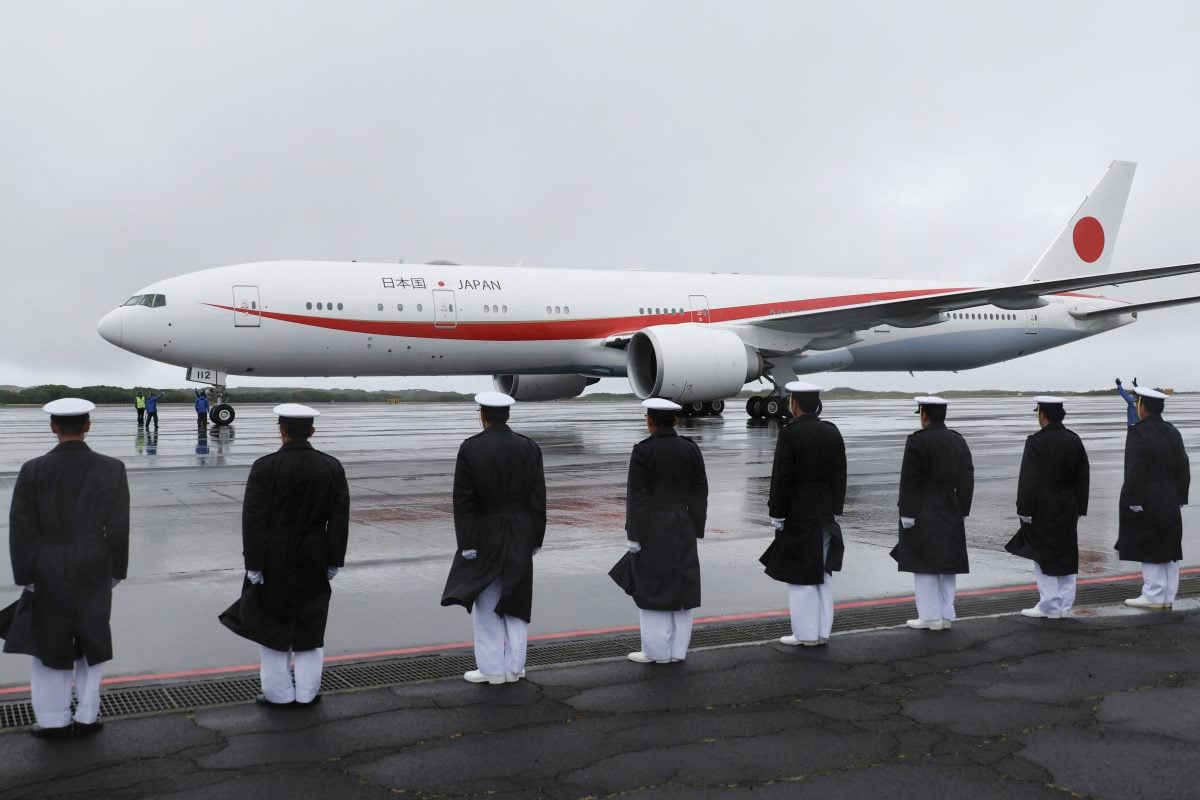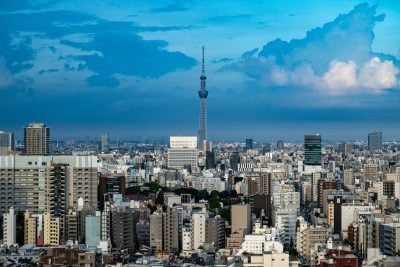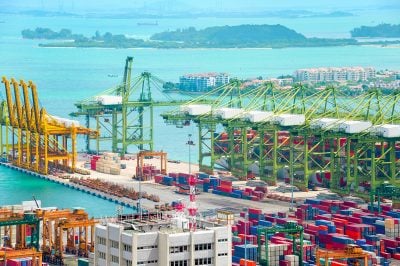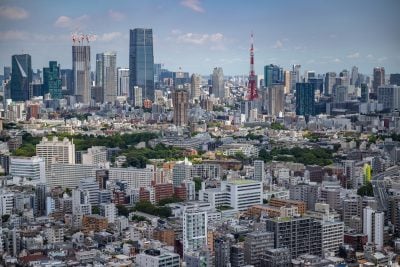The world has changed enormously since the last time African leaders made the long journey to Yokohama in 2019. In the intervening six years, the Covid-19 pandemic brought huge setbacks to development progress; the Russian invasion of Ukraine deepened a major food security crisis in Africa; and the second Trump administration upended decades of US engagement on the continent.
A more positive trend has been the steady rise in trade and investment between Africa and Japan. Although Africa continues to receive only a marginal share of Japanese foreign direct investment, a growing number of Japanese corporates and financial institutions have established a footprint on the continent. A consortium of Japanese investors has played a vital role in financing LNG developments in Mozambique, for example, while a host of Japanese brands have sought to invest in African start-ups.
While Japan’s presence in Africa is much less conspicuous than that of China, its Asian rival, there is no doubt that goodwill exists on both sides to expand the Japan-Africa relationship. Japanese investors increasingly recognise the opportunities on offer in Africa, even if many still tend to overemphasise the risks. Meanwhile, with reduced support from the United States, and even traditional European partners cutting aid, African governments hope Japan will boost its role as a partner for the continent.
Ahead of TICAD 9, which will also feature participation from a range of multilateral institutions, African Business looks at four things to watch out for at the showpiece event for Japan-Africa relations.
Aid and investment
At the last TICAD, in 2022, the headline announcement was the Japanese government’s pledge to contribute an additional $30bn in aid to Africa over the following three years.
That pledge was based around pillars of economic development, including a private sector assistance initiative with the African Development Bank and a $4bn “Green Growth Initiative”; social programmes, focusing on health and education; and peace and security, focusing on support for peacekeeping operations. The Japanese government has offered few clues in public around its planned announcements for TICAD 9 and it is unclear whether the summit will feature a similar pledge on development assistance. Japanese officials have often indicated a preference for moving from aid to trade, while domestic budget constraints may make another multi-billion-dollar commitment politically difficult.
Horiuchi Toshihiko, director general for African affairs at Japan’s Ministry of Foreign Affairs, told African Business in June that “Japan aims to move beyond traditional aid models by focusing on solution-oriented and business-driven partnerships.”
One important signal could be the signing of bilateral investment treaties between Japan and African countries.
These BITs provide significant comfort to investors, since they stipulate that any disputes are to be resolved before an international tribunal. At present, just five African governments have signed BITs with Japan, though negotiations are understood to be ongoing with a number of others. Any deals signed at TICAD 9 would mark a significant milestone that could unlock investment flows.
And TICAD is also likely to provide a stage for both African and Japanese financial institutions to sign deals with new partners. For example, at the previous event in 2022, Mizuho Bank signed memorandums of understanding (MoUs) for collaboration with banks in South Africa and Namibia, as well as with the African Finance Corporation (AFC). Modupe Famakinwa, head of corporate funding and investor relations at AFC, tells African Business that the bank is expecting to sign several more MoUs at this year’s event.
Diplomatic engagement
Rightly or wrongly, the extent to which TICAD 9 is judged to be a success will depend in part on who turns up.
As Africa-Japanese relations grew in importance over the last 20 years, TICAD came to be seen as a must-attend event by the majority of African leaders. Recent summits have typically attracted around 40 heads of state from the continent.
However, TICAD 8 saw reduced attendance at the head-of-state level, with only around 20 African presidents participating in person in Tunis. The relatively poor turnout may have been partly due to then Japanese prime minister Fumio Kishida having to announce several days before the summit that he would be unable to attend due to a Covid infection.
Sources have suggested to African Business that TICAD 9 is likely to secure strong participation from both governments and the private sector, reflecting how Japanese institutions are increasingly perceived as important partners on the continent.
The importance of attendance at the event goes beyond public relations. Japanese investors often look for strong government signals before stepping into unfamiliar environments; indeed, Japanese investment in Africa is often characterised by private sector firms supporting initiatives established by the likes of JICA, the Japanese International Cooperation Agency.
“I hope to see more and more government-to-government dialogues, collaborations and identifying opportunities,” says Tomo Ishikawa, chief regulatory engagement officer at Mitsubishi UFJ Financial Group. Such opportunities for dialogue are vital in “building trust”, he adds.
Critical minerals
One of the sectors that Japanese officials increasingly emphasise in their engagements in Africa is critical minerals.
The island nation lacks significant domestic deposits of the minerals that play a vital role in both the green energy transition and in defence technologies. Its dependence on China for these minerals is seen in Tokyo as a potentially dangerous vulnerability.
Although critical minerals were barely on the agenda at the previous TICAD, Japanese interest in partnering with African countries on projects in the mining value chain has now ramped up considerably. In 2023, Japan signed deals with five African countries to accelerate critical mineral projects. And in May this year the Japanese government launched a project with UNCTAD, the UN trade body, to promote value-added investments around critical minerals in Southern Africa.
It may be too early for Japan to attempt its own version of the Lobito Corridor, the US-led project to expedite critical minerals exports from Angola DR Congo and potentially Zambia. But TICAD 9 is almost certain to see a heavy focus on opportunities for collaboration on critical minerals, with strong potential for new investment partnerships to materialise.
Green hydrogen
Japan’s experience in Africa’s energy sector has not been without hiccups. The country has played a key role in Mozambique’s LNG developments, with Japanese utilities signing offtake agreements to receive gas exports and Japanese banks helping to fund construction.
That project, however, would seem to validate the worst fears that Japanese companies might have felt about involvement in Africa. An insurgency that materialised close to the project site eventually led operator Total to declare force majeure in 2021. Even if work can resume soon, the project is now several years behind schedule.
Nevertheless, green hydrogen is another area for potential cooperation. As Japan transitions away from dependence on LNG, green hydrogen is likely to become more important. With limited potential for domestic production, Japan will need to work with overseas partners to guarantee supply.
Junaid Belo-Osagie, executive director for investment banking in Europe, the Middle East and Africa at Mizuho Bank, told African Business earlier this year that he and other stakeholders are lobbying for Japan to subsidise green hydrogen developments in Africa in return for supply contracts. Any indication at TICAD that the Japanese government is receptive to partnership arrangements would be a welcome boost for the sector in Africa.
Want to continue reading? Subscribe today.
You've read all your free articles for this month! Subscribe now to enjoy full access to our content.
Digital Monthly
£8.00 / month
Receive full unlimited access to our articles, opinions, podcasts and more.
Digital Yearly
£70.00 / year
Our best value offer - save £26 and gain access to all of our digital content for an entire year!

 Sign in with Google
Sign in with Google 



